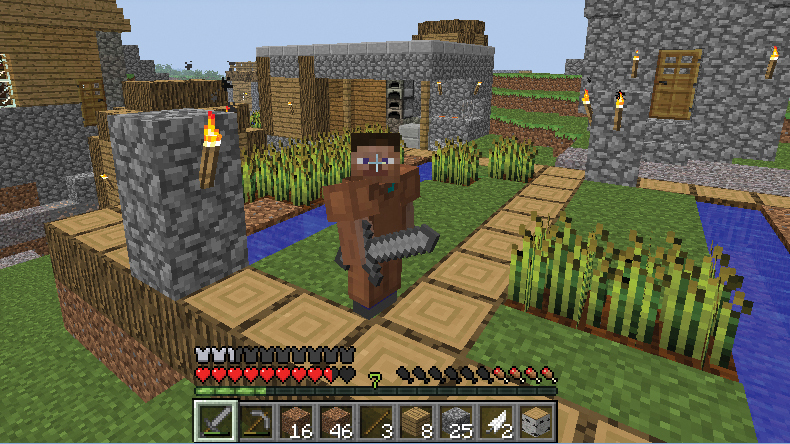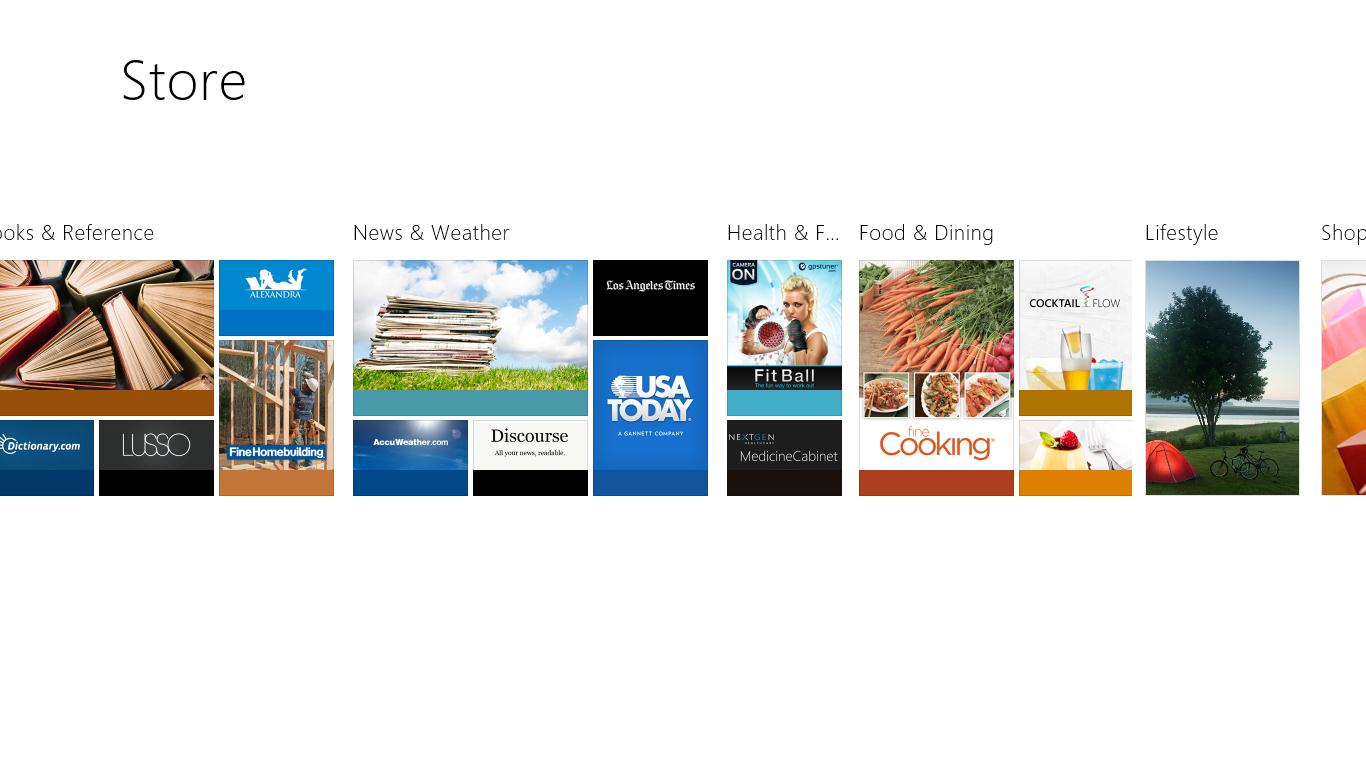Windows 8 gaming: why it's not all doom and gloom
The promise, the peril, and whether you should upgrade

Windows 8 and the gaming industry haven't had the best of starts.
Valve's Gabe Newell has dubbed it a 'catastrophe' for the PC, id Software's John Carmack has said he'd be "completely happy if it didn't exist", Stardock's Brad Wardell has slammed it as "obnoxious", "schizophrenic" and "a nightmare", and developers from Blizzard founder Rob Pardo to Minecraft creator Marcus Perrson have been openly suspicious towards it - if not actively hostile to the changes it represents.
The exact reasons for this animosity vary, from the new UI to scepticism of touch interfaces to a lack of big improvements under the hood.
But by far the most common fear is what will happen next - that this marks a move away from the PC as an open platform to something more like the Xbox 360.
"If Microsoft decides to lock down Windows 8, it would be very, very bad for indie games and competition in general," Perrson sums up over on Reddit. That might seem obvious. But it doesn't mean it's not a frightening, and increasingly likely possibility.
Getting used to the Modern UI
But what does Windows 8 mean for PC gaming right now?
For what we think of as PC gaming right now, honestly not a vast amount. Your existing games will still work fine, you'll be able to install Steam, Origin or any other storefront you like, and Microsoft won't be part of those transactions.
Sign up to the TechRadar Pro newsletter to get all the top news, opinion, features and guidance your business needs to succeed!
Windows 8 throws out the Games Explorer in favour of the oddly named Xbox Live Games tile, but otherwise doesn't concern itself with anything you might want to install on your own.
However, this doesn't mean that Microsoft is politely stepping aside.
Music, Video and Xbox Live Games are as much about selling you things, as accessing what you've bought - with the lion's share of space devoted to Microsoft's storefronts.
That's a phenomenal amount of power to have, even if other people can technically install their own stores. Internet Explorer didn't dominate the web on technical merit.
The real threat, though, comes from Metro - now renamed Modern UI - which is so important that its dedicated store is simply called "Store".

Games in here are firmly the likes of Fruit Ninja and Doodle God, rather than Crysis 2, but what matters is that it's a slice of the PC gaming industry that Microsoft gets to outright control.
Nobody else can sell Modern UI apps, and it gets to both take a cut and dictate exactly how they work. The rules are here, covering everything from the type of ad these apps can show, to how fast they have to load, to prohibiting any touch controls that contradict Windows 8.
The games available on the store are no big threat to anyone but the casual gaming portals right now.
If successful though, it's easy to see this level of control stretching - and love or hate Windows 8, there's no denying that a big chunk of it is about turning at least the default PC ecosystem into a more Microsoft-friendly one.
Microsoft wants to be your source of everything from apps to music, and with Windows 8, it's not messing around like it did with Windows Marketplace.
The threat, in short, isn't Windows 8 but the potential Windows 9.
Already conventional apps are effectively second-class citizens in the new regime; confined to little icons, while Modern UI apps get to stretch out in big flashy tiles.
Over on OS X, Apple has proven that at least their users will embrace a platform-holder owned storefront and the security/bonus features that can be bundled with it.
It's hard to imagine Microsoft keeping the PC as open as it's always been, if it can get away with locking it down and keeping the keys. That's not simply a gaming problem, but nor are they magically immune.